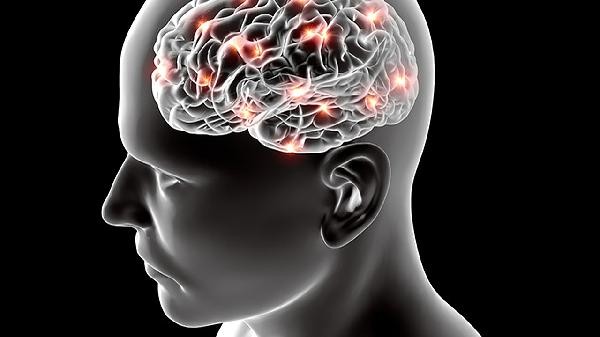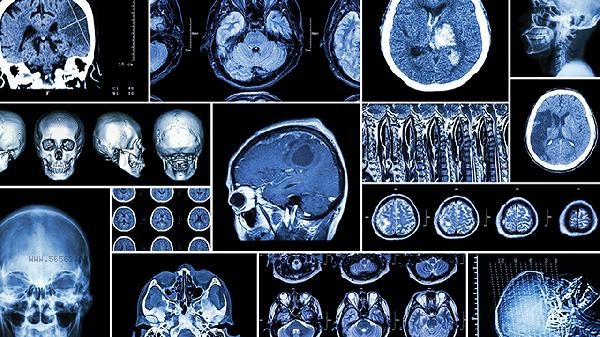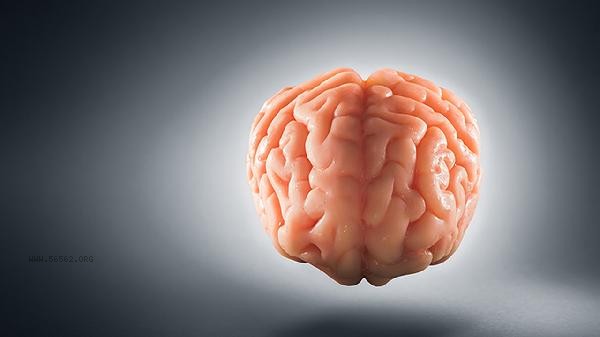The decline in brain memory may be caused by factors such as insufficient sleep, psychological stress, nutritional deficiency, cerebrovascular disease, Alzheimer's disease, etc.

1. Lack of Sleep
Long term sleep deprivation can lead to the brain not being able to fully rest, affecting the function of the hippocampus, which is a key brain area responsible for memory formation and consolidation. Poor sleep quality can reduce slow wave sleep time, which is crucial for memory consolidation. Improving the sleeping environment and maintaining a regular schedule can help alleviate memory loss caused by sleep problems.
2. Psychological stress
Continuous psychological stress can increase cortisol levels in the body, which can damage hippocampal neurons and affect memory function. Stress can also lead to distraction, hindering the process of information encoding and extraction. Reducing stress through mindfulness meditation, moderate exercise, and other methods can help improve memory performance.
3. Nutritional deficiency
Lack of nutrients such as vitamin B12 and folate can affect neurotransmitter synthesis and lead to memory decline. Insufficient omega-3 fatty acids can affect the fluidity of brain cell membranes and hinder nerve signal transduction. A balanced diet and moderate intake of deep-sea fish, nuts, green leafy vegetables, and other foods can help maintain normal brain function.

4. Cerebrovascular diseases
Diseases such as cerebral arteriosclerosis and cerebral infarction can lead to insufficient blood supply to the brain, causing ischemia and hypoxia in memory related brain areas. This type of disease is usually accompanied by symptoms such as dizziness and headache, and may gradually develop into vascular dementia. Controlling blood pressure, blood lipids, and preventing cerebrovascular disease are important for protecting memory function.
5. Alzheimer's disease
is a neurodegenerative disease characterized by the deposition of beta amyloid protein and neurofibrillary tangles in the brain. Early symptoms include recent memory impairment, and as the condition progresses, cognitive functions such as orientation and calculation may decline. Early diagnosis and treatment can delay the progression of the disease. Maintaining a regular schedule and moderate exercise can help improve blood circulation in the brain and promote brain health. Eating foods rich in antioxidants, such as blueberries and dark chocolate, can help reduce the damage of free radicals to brain cells. Proper memory training, such as learning new skills or playing puzzle games, can stimulate neural plasticity in the brain. For memory problems that continue to worsen, it is recommended to seek medical examination to rule out organic diseases. It is important to balance work and rest in daily life, avoid excessive use of the brain, and maintain a good psychological state to prevent memory decline.








Comments (0)
Leave a Comment
No comments yet
Be the first to share your thoughts!